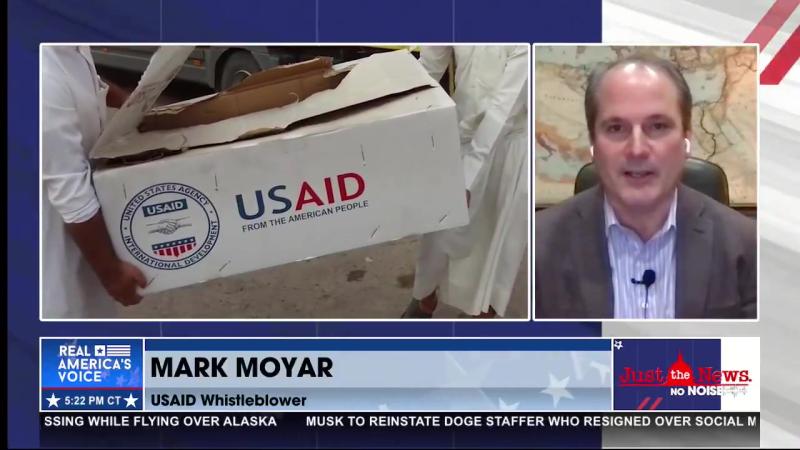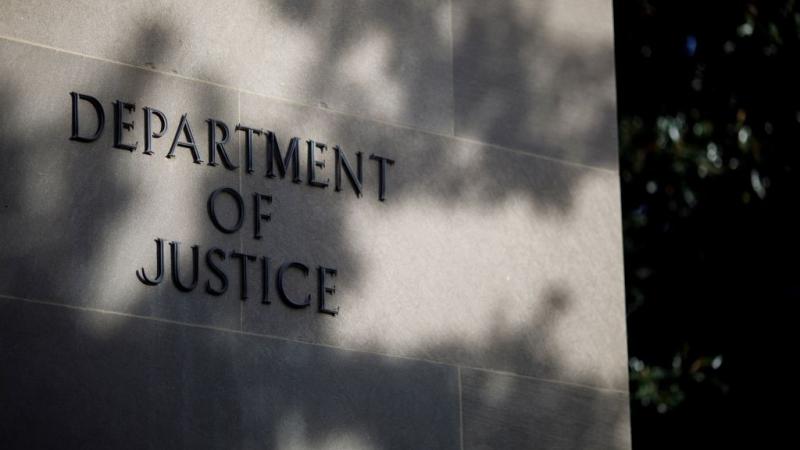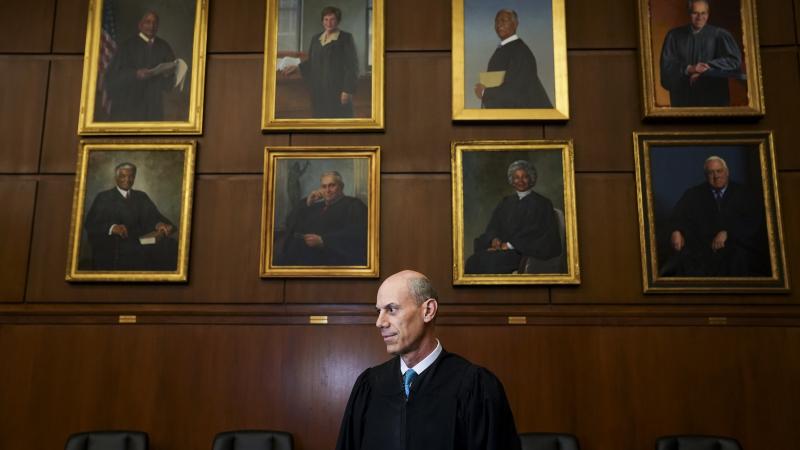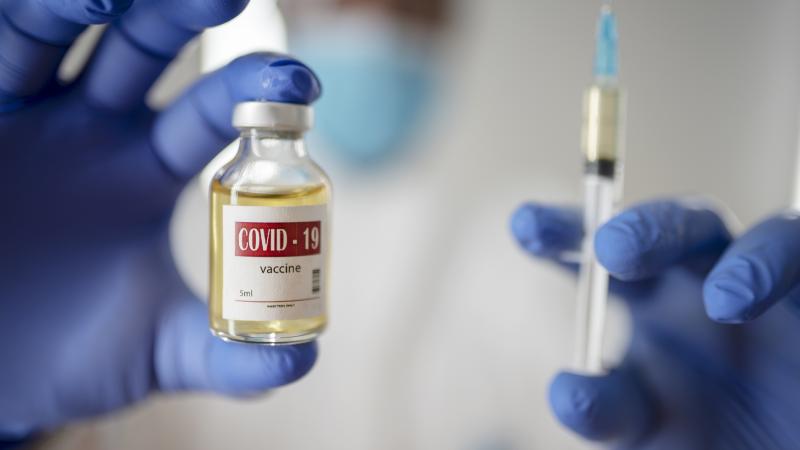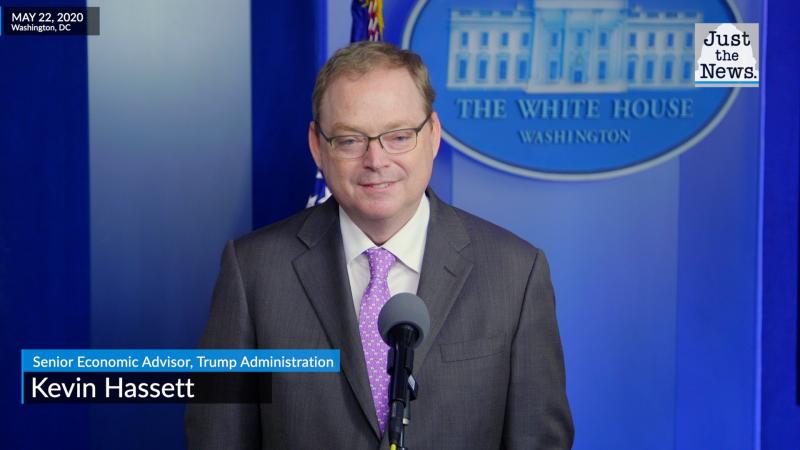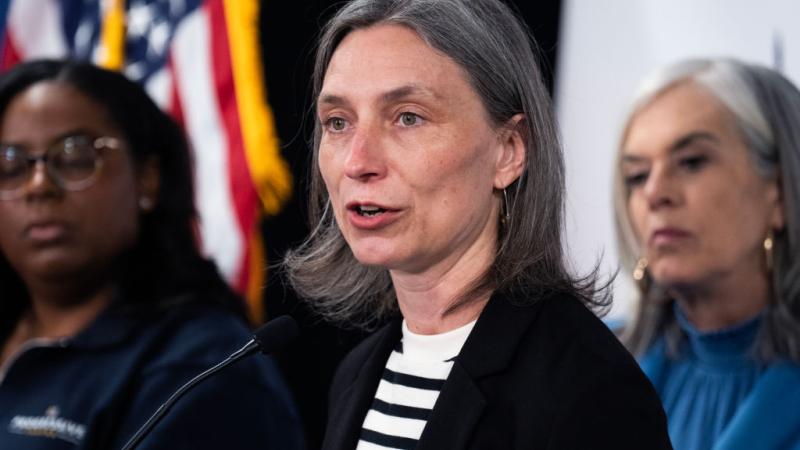Grand Theft Labor: Feds paid $78 billion in errant, fraudulent jobless benefits in 2021 alone
Labor Department in violation of federal payments integrity law, as its record of protecting taxpayers worsened during pandemic.
The Labor Department believes nearly $1 out every $5 it doles out for unemployment benefits is fraudulent, erroneous or unjustified, a record of failure so egregious it violates a federal payments integrity law and likely cost taxpayers more than $78 billion in losses last year alone, according to a new audit.
The Labor Department inspector general reported this week that the agency's record of improper unemployment insurance program payments doubled from about 9.17% in the last year of the Trump administration in 2020 to 18.78% in the first year under Joe Biden in 2021.
The performance was so bad it violated three of the six tenets of the U.S. Payment Integrity Information Act, a federal law passed in 2019 to rein in errant federal spending and ensure agencies stay below 10% in bad payments, the inspector general reported.
"The U.S. Department of Labor did not meet the requirements for compliance with the Payment Integrity Information Act for FY 2021," the audit concluded.
"DOL did not meet the established FY 2021 UI improper payment reduction target rate of 9.00 percent that was published in the DOL FY 2020 OMB payment integrity data call," according to the internal watchdog. "DOL also did not demonstrate improvement to the UI improper payment rate from the actual rate in FY 2020."
The large failure rate likely cost taxpayers about $77.26 billion in errant payments in 2021 and $864.6 million in "unknown payments" for the government's main unemployment insurance program. Auditors believe another $79.21 million in errant payments were made in a second benefits program for injured and sick federal workers.
The stunning numbers are even more alarming because the inspector general said the current estimates don't include errant payments for a new pandemic jobless benefits program created during the coronavirus crisis that doled out about $100 billion last year alone.
Several major states have already warned their preliminary audits show widespread bad jobless benefits related to the pandemic. A Michigan audit recently concluded the state paid as much as $8.5 billion in fraudulent unemployment assistance claims during the pandemic. Illinois estimated losses of $1.8 billion, while New York reported 394,000 cases of fraudulent jobless benefits in the first year of the pandemic alone.
New York's failures exposed major fraud schemes carried out by inmates in state prisons and even by state government workers.
Two Florida men were caught running a high-tech scam to steal unemployment benefits from prepaid cards only after they crashed their car during a high-speed chase with police on another matter. Federal prosecutors decried the defendants for using "access to technology to scam money out of unemployment benefits programs created specifically to help people who were struggling during the pandemic."
Republicans see a potential political issue in the fall election to use against Democrats in Congress who pushed the expansion of unemployment benefits as well as against the Biden administration that oversaw such a bad record of performance.
"It's no surprise that a new, big government program that incentivizes folks to not return to work is ripe for fraud," Rep. Drew Ferguson (R-Ga.) tweeted on Thursday, adding that as Republicans "continued to call for hearings to address this growing concern and prevent massive government waste and abuse, House Dems turned a blind eye."
In a response to the IG report, the Labor Department said it looks forward to one day becoming compliant with the payments integrity law and in the meantime "will continue to work with states to implement payment integrity efforts, especially to combat fraud while ensuring American workers in need receive benefits to which they are entitled."
The agency's fresh promise flies in the face of its two-decade record of failing to rein in errant payments and fraud. Last month, the Labor IG excoriated the agency for its failed history and noted the pandemic created a "perfect storm" to make a bad situation worse.
"The OIG has repeatedly reported significant concerns with DOL and SWA's ability to deploy program benefits expeditiously and efficiently while ensuring integrity and adequate oversight, particularly in response to national emergencies and disasters," the watchdog chided.
"For more than 20 years, the OIG has reported on the Department's challenges to measure, report, and reduce improper payments in the UI program," it added. "Indeed, the UI program has experienced some of the highest improper payment rates across the federal government. The reported improper payment estimate for the regular UI program has been above 10 percent for 14 of the last 18 years."


